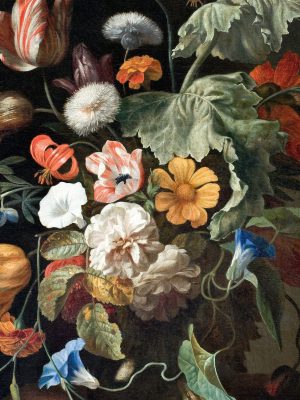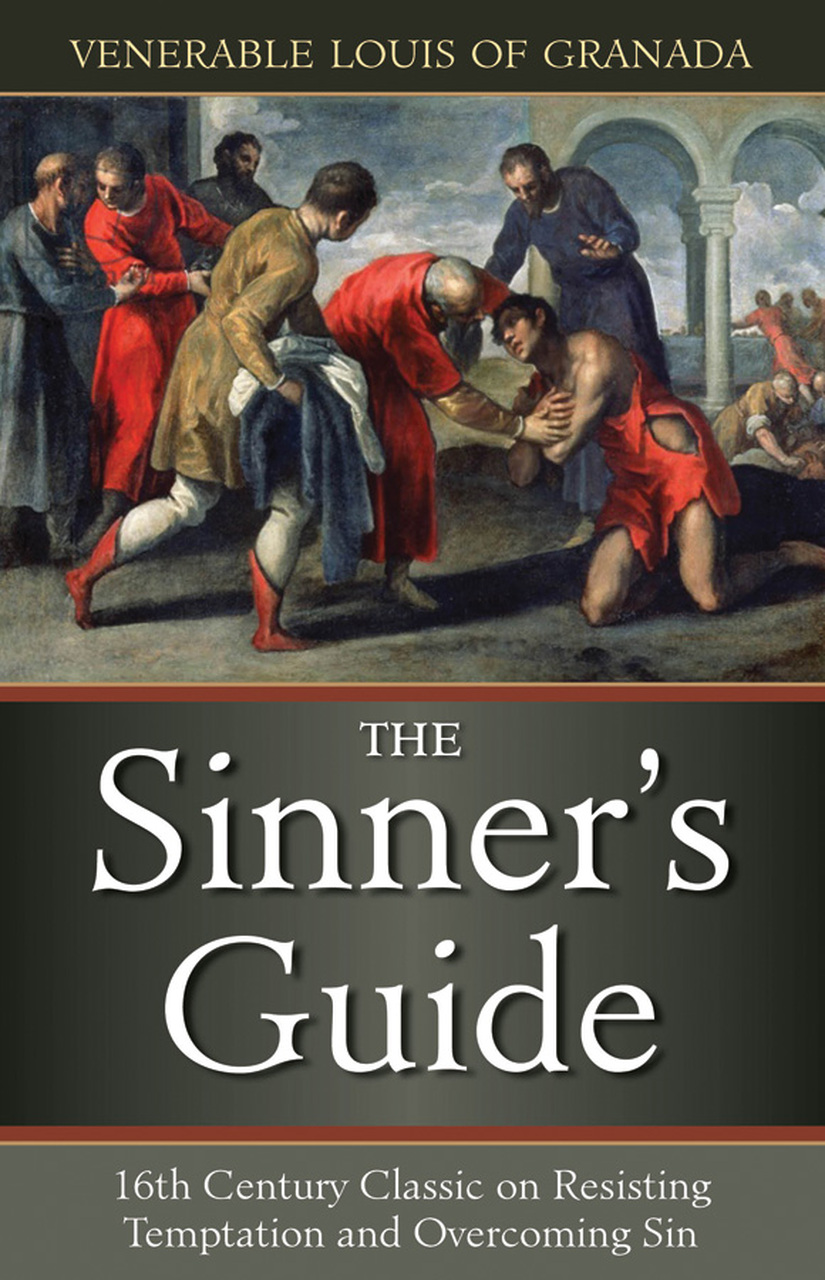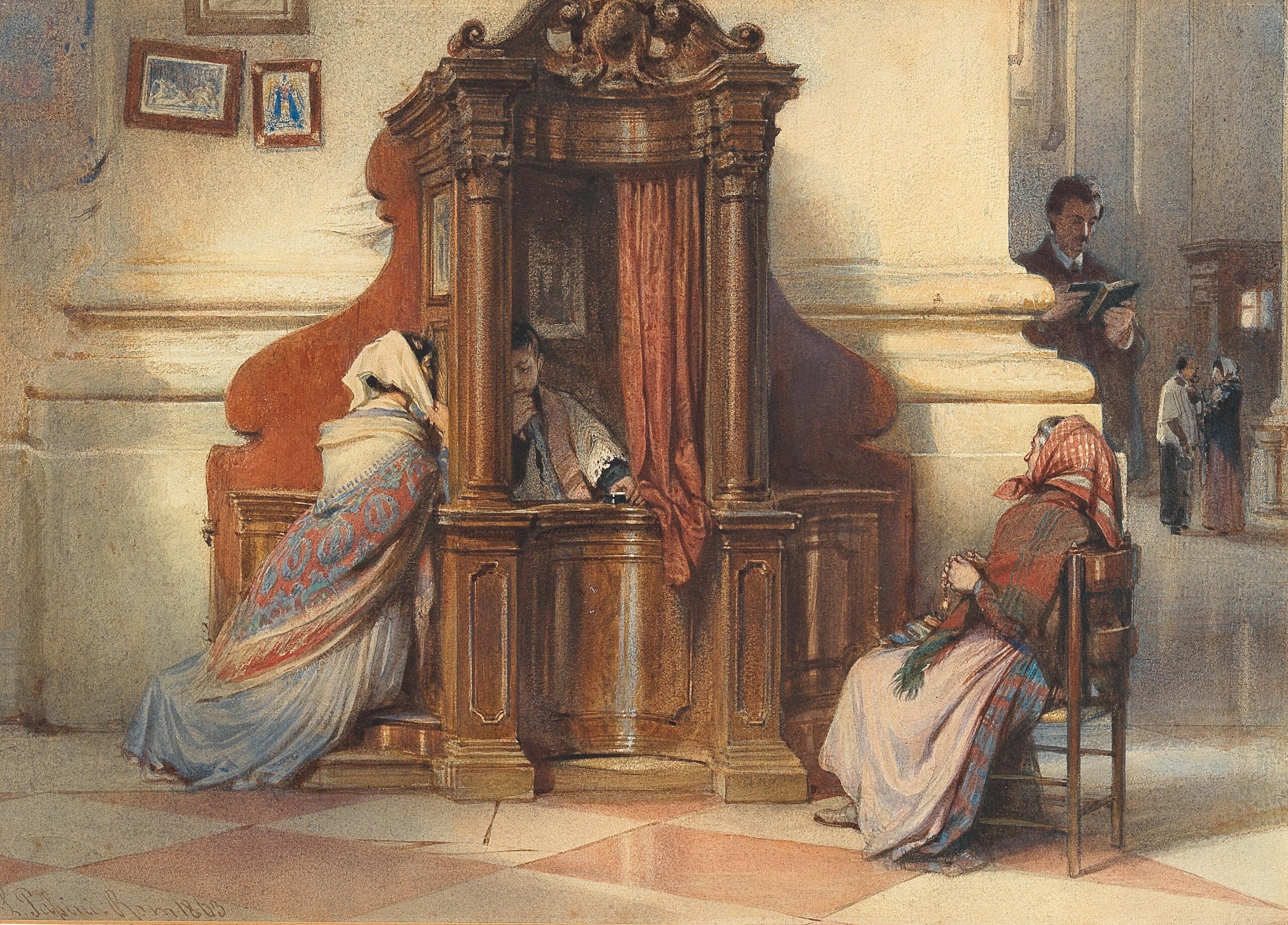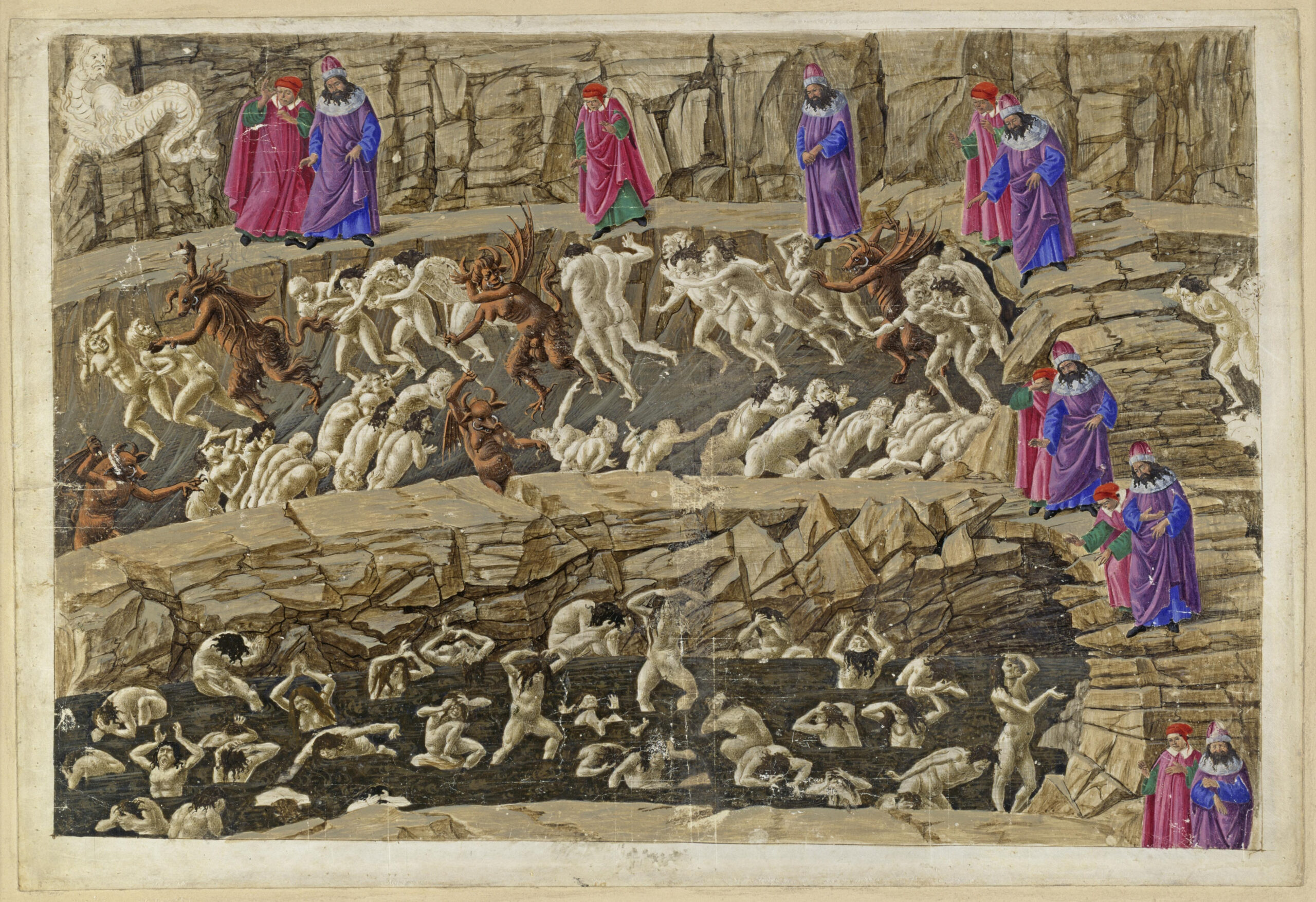The meditation upon our mortality can evoke sincere conversion within our hearts. Reflect upon the frailty of life with the following meditation taken from The Sinner’s Guide–a masterpiece that has been credited with the conversion of millions of souls.
The Frailty of Man
Howbeit our life is not only uncertain, but also very frail, and brickle. For I pray thee, what glass is so brickle, and so subject to knocks, and breaking, as the life of man? Some times the very air, and heat of the sun (if it be vehement) is able to spoil us of our life. But what speak I of the sun? Seeing the very eyes, yea the only looking of some person is able some times to bereave a creature of his life. It shall not need to draw any sword, or to use any kind of armor or munition for the matter, seeing the only look of some one man is able to bereave an other of his life. Consider now what a sure castle this is, wherein the treasure of our life is kept, seeing the only beholding of it afar off, is able to batter it clean down to the ground.
But this were not so much to be wondered at in the age of infancy, when the building is as yet but new, and green: but the greater wonder is, that after that the work is settled, and hath continued many years together, there happeneth some accident of no greater importance than these beforenamed that is able utterly to overthrow it. If thou enquire and ask whereof died this man, or whereof died that man, they will answer thee, that he died by drinking a cup of cold drink in a sweat: or by surfeiting at a supper: or of some other great pleasure, or grief: and some times they can give no cause at all, but that he went to his bed safe, and sound, and the next day in the morning was found stark dead at his wife’s side. Is there any glass or earthen vessel in the world more brickle, or subject to breaking than this? And certainly it is not to be wondered at, that man is so brickle, considering that he is also made of earth: but it is rather to be wondered at, that being of such stuff, and making as he is, he is able to endure so long a time as he doth. Why is a clock so often times disordered, and out of frame. The reason is, because it hath so many wheels, and points, and is so full of artificial work, that although it be made of iron, yet every little thing is able to distemper it. Now how much more tender is the artificial composition of our bodies, and how much more frail is the matter of our flesh, than is the iron whereof a clock is made? Wherefore if the artificial composition of our bodies be more tender, and the matter more frail, why should we wonder, if some one point among so many wheels have some impediment, by reason of which defect it stoppeth, and endeth the course of our life? Truly, we have rather good cause to marvel, not why men do so quickly end their lives, but how they endure so long, the workmanship of their bodies being so tender, and the matter and stuff whereof they be compounded so frail, and weak.
Like Flowers that Fade Away
This is that miserable frailty, which the Prophet Isaias signifieth in these words. Almighty God said unto his prophet: Cry: the Prophet answered: what shall I say? God said unto him: All flesh is hay, and all the glory thereof is like unto the flower of the field. The hay withereth, the flower fadeth away, but the word of God continueth for ever. Upon which words St. Ambrose saith thus. Truly it is even so: for the glory of man flourisheth in the flesh like unto hay, which although it seem to be great, it is in very deed but little like an herb: it buddeth like a flower, and fadeth like hay. So that it hath no more but a certain flourishing in appearance, and no firmness nor stability in the fruit. For what firmness can there be in the matter of flesh, or what good things of any long continuance are to be found in so weak a subject? Today thou mayest see a young stripling in the most flourishing time of his age, with great strength, lusty, and jetting up and down in the streets in great bravery, with a jolly lofty countenance: and if it so fall out that this very next night he be taken with some disease, thou shalt see him the next day with a face so far altered, and changed, that whereas before he seemed very amiable, and beautiful, he will now seem evil favored, miserable, and very loathsome to behold. Now what shall I say of the other accidents, and alterations of our bodies? Some are sore broken with trouble and adversities: others are weakened with poverty: others are tormented for want of good digestion: others are distempered with drinking of wines: others wax feeble with age: others become tender, and over delicate, by much cherishing themselves: and others mar their complexion with using riotous behavior. Now then according to this reckoning, is it not true (trow ye) that our flesh withereth like hay, and that the flower thereof fadeth, and vanisheth away?
ooo
This article is taken from a chapter in The Sinner’s Guide by Venerable Louis of Granada which is available from TAN Books.









